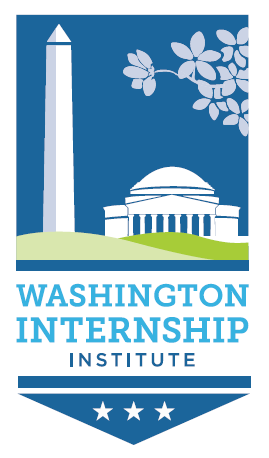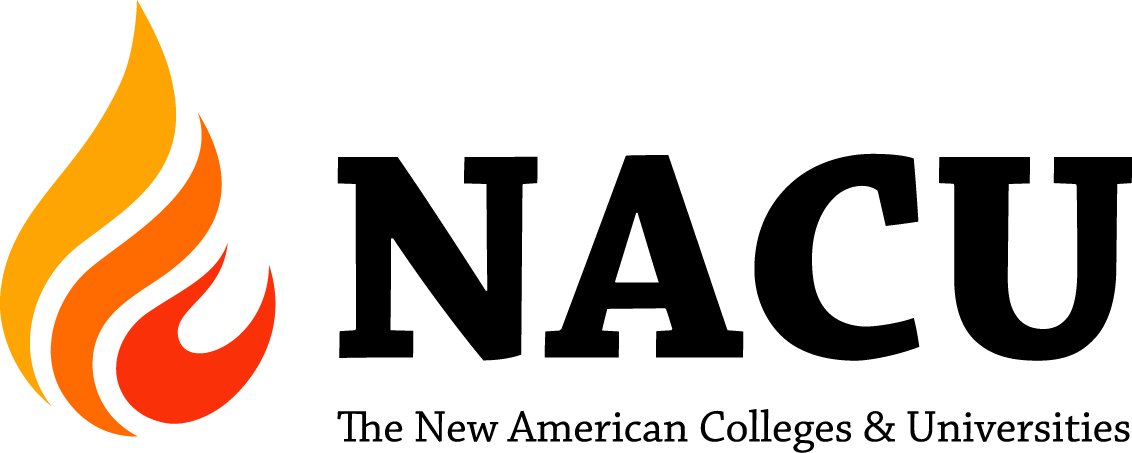Blessing Pour from Roger Williams University Begins Her Legal Career
/This spring, Blessing Pour from Roger Williams University interned online with a legal advocacy organization and learned so much about the law and what she wanted to do in her future legal career. Blessing’s experience was supported by the generous donations that fund our Working Student Support Award.
Where did you intern, and what does your internship site do?
Spring semester I had the pleasure of interning at the Washington Lawyers’ Committee for Civil and Urban Affairs (WLC). This organization primarily focuses on civil rights work. They have been tackling discrimination within the system for over five decades. The organization is divided into different sections because of the different civil rights cases that they handle. The WLC focuses on Workers’ Rights, Housing, Education, and Prisoners’ Rights. I had the pleasure of working on their Prisoners’ Rights team. The focal point of the prisoners’ team is to represent inmates whose constitutional rights have been violated by a D.C. jail or prison. The team tries to acquire cases that will have a big effect on the system as a whole.
What sort of work have you done at your internship? Are there any projects you are proud to have worked on?
My daily duties at the WLC consisted of reviewing client letters, determining whether their case should be reviewed by the supervising attorney, and responding to client concerns by providing legal information and resources. Other than drafting client letters, I was very involved in many other projects, such as drafting a handout for the Second Look Amendment Act, pattern score research, extensive research of Special Police Officers in D.C., Maryland Audits, the use of a gang database in Maryland, and reviewing and summarizing client documents.
I’m very proud of all the projects that I had an opportunity to work on. They all expanded my knowledge of the criminal justice system and the many injustices that are still to be dealt with. One of my all-time favorite projects was working on the handout for the Second Look Act. The Second Look Act, which was passed by the D.C. mayor and sent to Congress during my time interning, allows those who committed a D.C. code offense under the age of 25 and have served 15 years of their sentence to petition for re-sentencing. The handout is meant for clients and their families inquiring about information about the Act. This turned out to be one of my favorite projects because of the amount of “good” I know the Act will do. Many people will have a second chance at life simply because of this Act. The Second Look Act is another step towards decreasing mass incarceration in America. I hope that many other states establish similar legislation.
Secondly, the research that I conducted on special police officers (SPOs) was one of the harder projects I worked on, but it turned out to be one of my favorites. I was specifically tasked with researching the history of special police officers in D.C. and the use of them in the District today. I quickly realized that there was very scarce information on the web about SPOs, although there were thousands of them in D.C. As I got deeper into research, I realized that SPOs are simply another mechanism for mass incarceration. These officers are given the same rights and abilities as regular police officers but do not receive a quarter of the training that police officers require. SPOs have arrest powers and carry weapons simply to patrol neighborhoods, campuses, and businesses. This was one of my favorite projects because of its connection with the current battle to end police brutality. SPOs put citizens — especially citizens of color — at a high risk of experiencing police brutality because they’re under-trained and given the ability to carry a weapon. Furthermore, the D.C. police department does not even keep record of complaints filed against SPOs.
I hope that the attorney and team working on the motion against special police are heard and listened to when they bring forth reform, or the argument to simply abolish SPOs.
What has been your favorite thing about interning this semester?
The semester has been filed with many favorite moments, but I loved being part of the prisoners’ rights team. I felt as though I was an actual employee because I was involved in everything that pertained to prisoners’ rights. I was even able to experience a legal call with a client. The supervising attorney asking me “whether or not a case should be further looked into” made me feel like an important member of the team. I loved every aspect of my internship, from reading client letters to brainstorming what can be done to assist them.
What will you take away from this experience?
Through this internship, I’ve been able to gain knowledge about the prison system, such as obstacles that inmates face on a regular basis, different types of laws and ways to assist them, and many different resources to help aid their needs. I’ve also had the time to learn about other aspects of law that are increasing mass incarceration, such as pattern score/risk assessment and SPOs. Due to the many things that I’ve learned, I understand that there’s still a lot of work left to be done. I’m taking away a different perspective on the criminal justice system from this internship. Yes, before starting my internship I knew that the system was filled with injustice, but to work along lawyers trying to fight such injustice and having firsthand experience has broadened my perspective and has made me even more eager to be a part of the legal field and fight along with them.
Do you have any advice for future students in our program?
Find an internship that you’re very passionate about. The workload will get heavy, but it won’t feel like work because of the love for what you’re doing.



